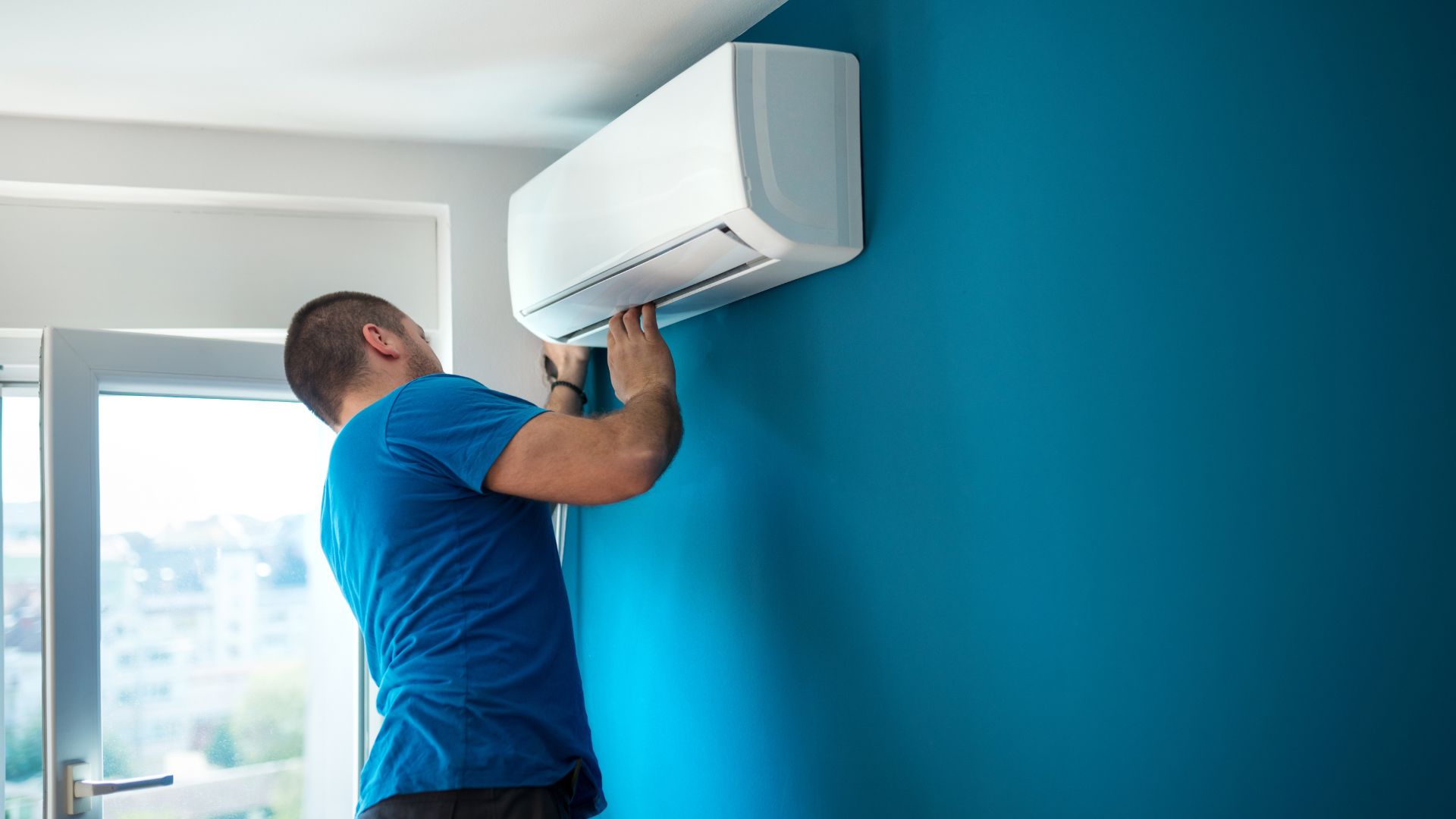Are you feeling the heat this summer? As much as we rely on air conditioning to keep us cool and comfortable, it’s important to be aware of the potential dangers that come with operating an AC system with low refrigerant.
From skyrocketing energy bills to reduced cooling performance and even costly repair expenses, neglecting this vital component can leave you in a sweat. In this blog post, we’ll dive into the risks associated with low refrigerant levels and explore why it’s crucial to address them promptly.
So grab a cold drink and read on – it’s time to stay cool while staying informed!
Potential Fire Hazard
Due to the reduced pressure, combustible gases like propane or butane can accumulate in the air conditioning system. These gases are highly flammable and may ignite when in contact with an open flame or electrical sparks. Fire from these factors can spread quickly and without warning.
This is causing damage to the entire air conditioning unit and property beyond it. In addition, due to the exposed wiring, a shock hazard is possible if not properly insulated.
Poor Performance
Your AC will use more energy, which will end up costing you more money. Second, the extra strain on your AC can cause it to break down prematurely. And finally, if your AC is working overtime to cool your home, it won’t be able to remove moisture from the air properly, which can lead to problems with mold and mildew.
Unsafe Air Quality
When an AC has symptoms of low refrigerant, it has to work harder to cool your home. This puts extra strain on the system, which can lead to a breakdown. But that’s not the only danger. Low refrigerant can also cause your AC to produce unsafe air quality.
Here’s how it works: as your AC system strains to cool your home, it doesn’t work as efficiently. This means that it doesn’t remove humidity from the air as effectively. And when there’s too much moisture in the air, it can create an environment that is ripe for mold and mildew growth.
Mold and mildew are not only unsightly, but they can also be dangerous for your health. Both mold and mildew can trigger allergies and respiratory problems. In some cases, they can even cause serious illnesses like bronchitis or pneumonia.
Higher Electricity Bills
As the temperature outside rises, so does the demand for air conditioning. This places a strain on the system, causing it to work harder and use more electricity. As a result, your monthly electricity bill will be higher than usual.
One way to help offset this increase is to install a programmable thermostat. This will allow you to better control the temperature inside your home, and keep your AC from working overtime.
You should also make sure that your AC unit is properly serviced and maintained. For air conditioner repair, make sure to only hire a reputable company to avoid any costly repairs in the future.
Discover the Dangers of Operating an AC With Low Refrigerant
The dangers of operating an AC with low refrigerant are very real and should not be taken lightly. Running your air conditioner with inadequate levels of refrigerant can damage the unit, cause higher energy costs, and put you at risk for poor indoor air quality.
So, what are you waiting for? Ensure that your AC refrigerant levels remain in the correct range so that it operates optimally and efficiently.
Did you find this article helpful? Check out the rest of our blogs!



